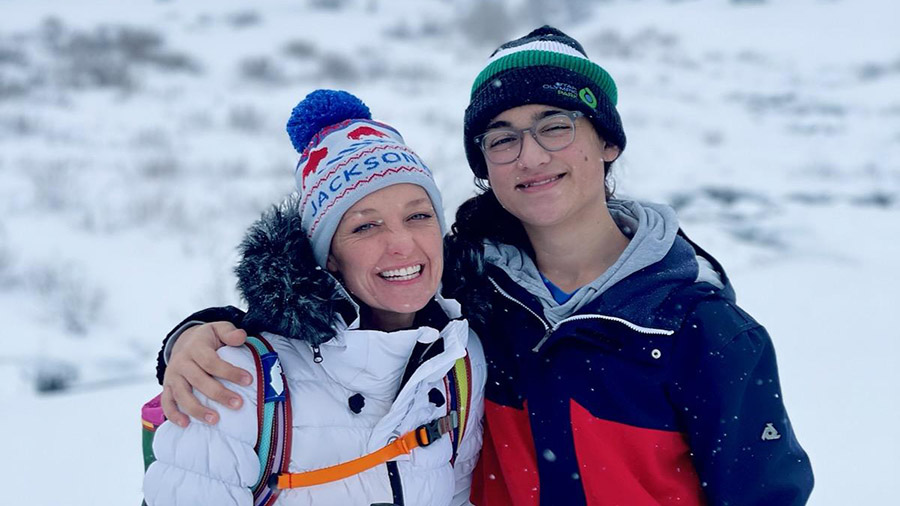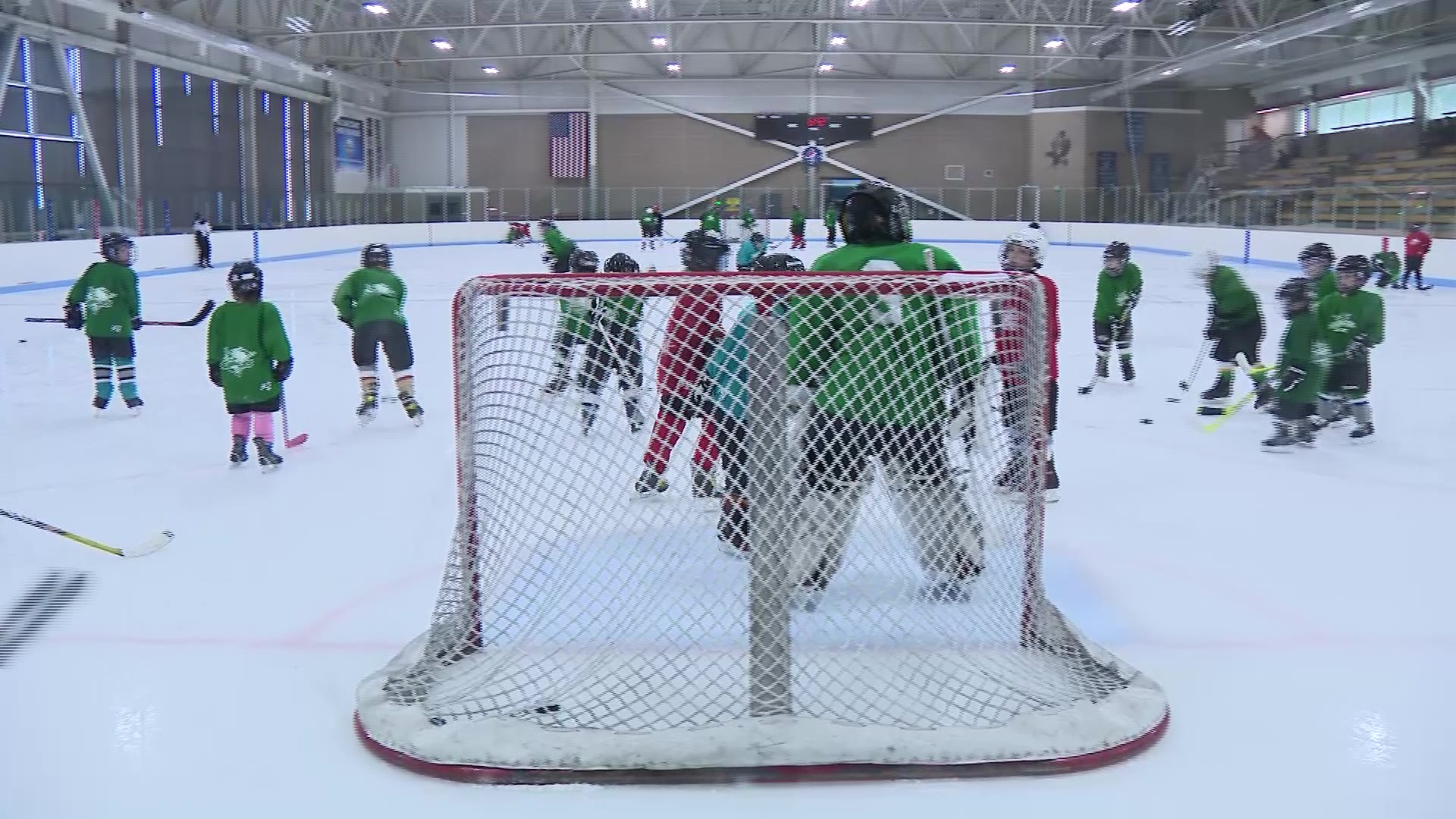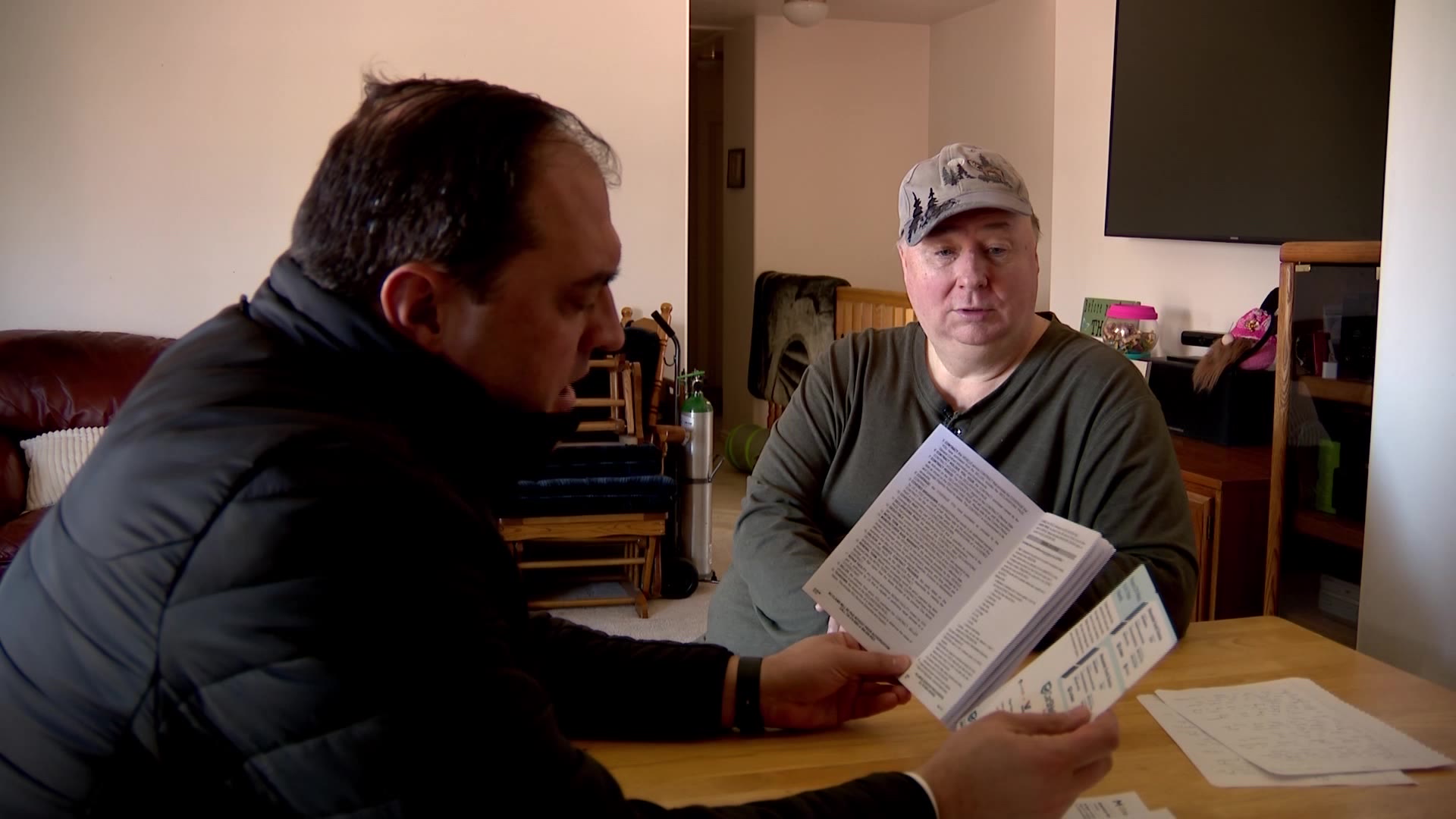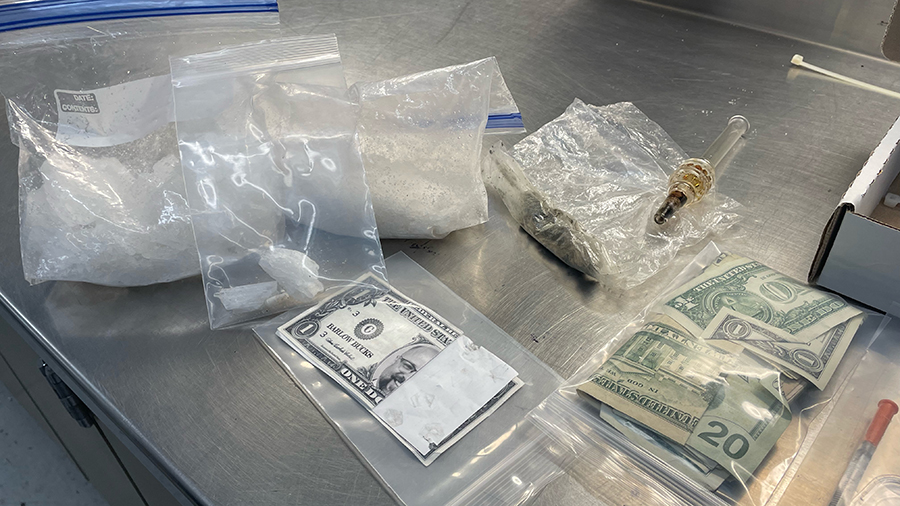Murder-suicide sparks calls for reform to Utah’s family court system
May 19, 2023, 6:24 PM | Updated: 6:49 pm

Leah and Om Moses. Om was killed by his father, Parth Gandhi, in a murder-suicide on May 13, 2023. (Courtesy/Leah Moses)
(Courtesy/Leah Moses)
SALT LAKE CITY – After the Utah murder-suicide involving a doctor and his 16-year-old son, the boy’s mother and advocates are calling for changes to the state’s family court system to prevent similar tragedies in the future.
Parth Gandhi, 49, killed his son Om before taking his own life on May 13, Salt Lake City police said. They have not released any information about a possible motive.
The boy’s mother had raised concerns about the safety of her son, court records show. She’d long sought primary custody of the boy in the family court case that began more than a decade earlier with the couple’s divorce.
She’d also advocated for change at Utah’s Capitol, urging lawmakers to follow Pennsylvania in passing reform to help keep children safe as custody disputes play out in the legal system, Danielle Pollak said. She is the policy manager at the National Family Violence Law Center at George Washington University.
“It’s so tragic that only months later, her child was murdered,” Pollack said. She helped Moses and other parents get in touch with Utah lawmakers about potential reforms. “He should have been safely with his mom, who was calling out for help and protection.”
The Pennsylvania measure, known as “Kayden’s law,” directs judges to consider domestic violence allegations in family court cases. It was named for a 7-year-old child killed by her father, who then took his own life. It also became the model for a 2022 federal law.
Utah state Sen. Todd Weiler, R-Woods Cross, said he spoke with Moses and others who urged him to sponsor a bill in the 2023 Legislature. He called the tragedy “heart-wrenching.”
The proposal wasn’t ready in time to advance, he said, but he’s planning to bring it back next year. It would require certain training for judges and commissioners on domestic violence, specify credentials for expert witnesses, and restrict the use of reunification therapy that’s sometimes ordered in custody battles.
Asked whether the changes could have prevented Om’s death, Weiler said, “If this had passed two or three years ago, then maybe it would have had more of an effect. But I will say this as well: As tragic as the situation is, it’s impossible for a court commissioner or a district court judge to predict the future.”
More training on the dynamics of the family in the home and the effects of trauma on children can only help, he added.
“Not all of our judges have experience with domestic violence or the same amount of training,” Weiler said. “We’ve appointed several judges who were corporate attorneys, so they never really dealt with these issues at all until the day after they took the bench, and, you know, that’s quite a jump.”
Colorado lawmakers passed a similar measure this week, sending it to Gov. Jared Polis’ desk. California was also considering the move, while a Montana proposal failed this year.
In pictures from a rally on Utah’s Capitol steps in February, Moses is seen holding a sign reading “Children’s rights are human rights.”
Now she says she doesn’t want other families to endure anything like hers has.
“My son Om’s death was preventable,” she said in a statement. “The family court system professionals ignored my pleas for help to keep my son safe.”
A spokesperson for Utah’s court system declined to comment.
At a December court hearing, Moses’ attorney had raised concerns about the safety of her son, who was in his father’s custody, according to audio recordings released to KSL through a public records request.
“Your honor, we would prefer to have a change in custody just to make sure that Om is safe and in an environment that is safe for him,” her attorney Alan Dunaway said in Salt Lake City’s 3rd District Court.
Commissioner Joanna Sagers temporarily ordered the boy to stay with his mother. She allowed him to return to his father after the boy’s guardian ad litem – an attorney appointed to represent the child’s best interest – said the evidence didn’t indicate a change in custody was needed.
Sagers noted in the hearing that a custody evaluation recommended the boy speak with Utah’s Division of Child and Family Services, as well as a therapist.
Parth Gandhi’s most recent attorney, Jessica Couser, told KSL the decade-long case involved capable players in Utah’s legal system before the family’s “immeasurable loss” last weekend.
“I was only involved in this case for a short time, but, as is common in many lengthy custody cases, there were many competent and experienced professionals involved with this family over the years,” Couser said, “all of whom worked toward the common goal of protecting the Gandhi children.”













